92% of LGBTQ adults have received at least one dose of COVID-19 vaccine, survey says
Survey finds LGBTQ respondents were more likely to have higher vaccination rates than the general population.

Ninety-two percent of LGBTQ people report having received at least one dose of COVID-19 vaccine, according to findings from a survey undertaken by the Human Rights Campaign Foundation, the educational arm of the national LGBTQ rights group.
According to the 2021 LGBTQ Community Survey, a 15-year research project of Community Marketing & Insights, produced in partnership with Wells Fargo, the HRC Foundation, and CMI Media Group, vaccination rates vary among cohorts within the LGBTQ community, but vaccination rates remain higher than the general population.
The survey polled 23,000 respondents from the United States over a 60-day period from the beginning of May 2021 to the end of June 2021, including 15,042 self-identified LGBTQ+ community members. The survey was offered in English, Spanish, and French, and many of the LBGTQ+ respondents were recruited through CMI’s LGBTQ+ research panel and partnerships with over 100 LGBTQ+ media, events, and organizations — which researchers have noted may skew the results in favor of older respondents, male respondents, those with higher levels of educational attainment, and Caucasian respondents, thus necessitating the need for weighted results.
But even with weighted results taken into account, the survey found that self-identified LGBTQ people appear to be more likely to have received at least one dose of COVID-19 vaccine.
Specifically, 90% of Latinx respondents, 85% of Black respondents, 96% of Asian or Pacific Islander respondents and 85% of Native American/Alaskan and Middle Eastern/North African LGBTQ respondents reported receiving at least one dose of COVID-19 vaccine, compared to 94% of Caucasian respondents.
Breaking the survey data down by gender identity and sexual orientation, 93% of cisgender gay and bi men, 92% of cisgender lesbian or bi women, and 92% of transgender and nonbinary people reported receiving at least one dose.
By age, 91% of LGBTQ respondents aged 18-34, 92% of LGBTQ respondents aged 35-54, and 94% of LGBTQ respondents over age 55 have received at least one dose of COVID-19 vaccine.
“We are encouraged to see evidence that suggests such a strong majority of the LGBTQ+ community who responded to the survey have received at least one dose of a COVID-19 vaccine,” Jay Brown, the senior vice president of program, research, and training at the HRC Foundation, said in a statement. “The science is clear: vaccines are our way forward and out of this pandemic.”
David Paisley, the senior director of research at CMI, said that the higher vaccination rates among LGBTQ respondents could potentially be attributed to a number of social factors, such as educational level, geographic distribution, or political affiliation.
“There are many reasons why LGBTQ+ vaccination rates may be higher than the general population, including higher percentages of the LGBTQ+ community being liberal, living in blue states, and living in urban areas,” Paisley said in a statement. “While participants had strong education levels, those with no more than a high school diploma still had an 87 percent vaccination rate.”
See also: Congressman Ritchie Torres urges government to collect LGBTQ data on impact of COVID-19 pandemic
Almost 60% of survey respondents reported that the COVID-19 pandemic had made them feel socially isolated, with 50% saying it impacted their mental health. Paisley noted that the feelings of isolation associated with the pandemic may have significantly impacted LGBTQ people and motivated them to seek out vaccination in order to resume their social interactions as quickly as possible.
The pandemic also led to social and financial losses, especially among respondents of color.
The survey found Latinx and Black respondents reported higher levels of loss, and were more likely to report being adversely affected financially by the pandemic than white respondents. For example, while 21% of the overall sample reported that a close friend or family member had died from COVID-19, only 17% of white LGBTQ respondents said they had lost someone close to them, compared with nearly 1 in 3 Latinx LGBTQ respondents and more than a quarter of Black, Native American/Alaskan, and Middle Eastern/North African respondents.
Additionally, while nearly 1 in 4 LGBTQ respondents overall reported financial hardships due to the pandemic, the rate was much higher, with 1 in 3 Native American/Alaskan and Middle Eastern/North African LGBTQ respondents saying they were impacted negatively, compared to only 22% of white LGBTQ respondents.
A previous report by the Movement Advancement Project released in December 2020 found that LGBTQ households were disproportionately impacted by the pandemic, being about twice as likely to be unable to get necessary medical care and four times more likely to not have enough food to eat due to the financial impact of the COVID-19 pandemic. That report also found that LGBTQ households experienced higher rates of financial problems, job losses, issues with insurance coverage and accessing health care, and greater challenges with respect to at-home learning for children.
Similarly, an earlier survey in April 2020 by PSB Research, on behalf of the Human Rights Campaign Foundation, found that LGBTQ people were more likely to experience financial hardship due to the pandemic. Specifically, LGBTQ respondents were more likely to have experienced a cut in work hours, and to feel their personal finances were in worse shape due to the pandemic.
See also:
Support Metro Weekly’s Journalism
These are challenging times for news organizations. And yet it’s crucial we stay active and provide vital resources and information to both our local readers and the world. So won’t you please take a moment and consider supporting Metro Weekly with a membership? For as little as $5 a month, you can help ensure Metro Weekly magazine and MetroWeekly.com remain free, viable resources as we provide the best, most diverse, culturally-resonant LGBTQ coverage in both the D.C. region and around the world. Memberships come with exclusive perks and discounts, your own personal digital delivery of each week’s magazine (and an archive), access to our Member's Lounge when it launches this fall, and exclusive members-only items like Metro Weekly Membership Mugs and Tote Bags! Check out all our membership levels here and please join us today!






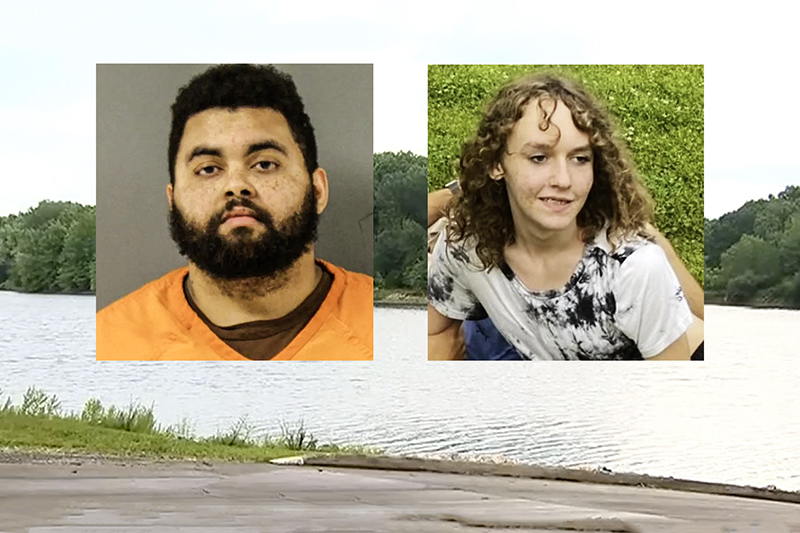
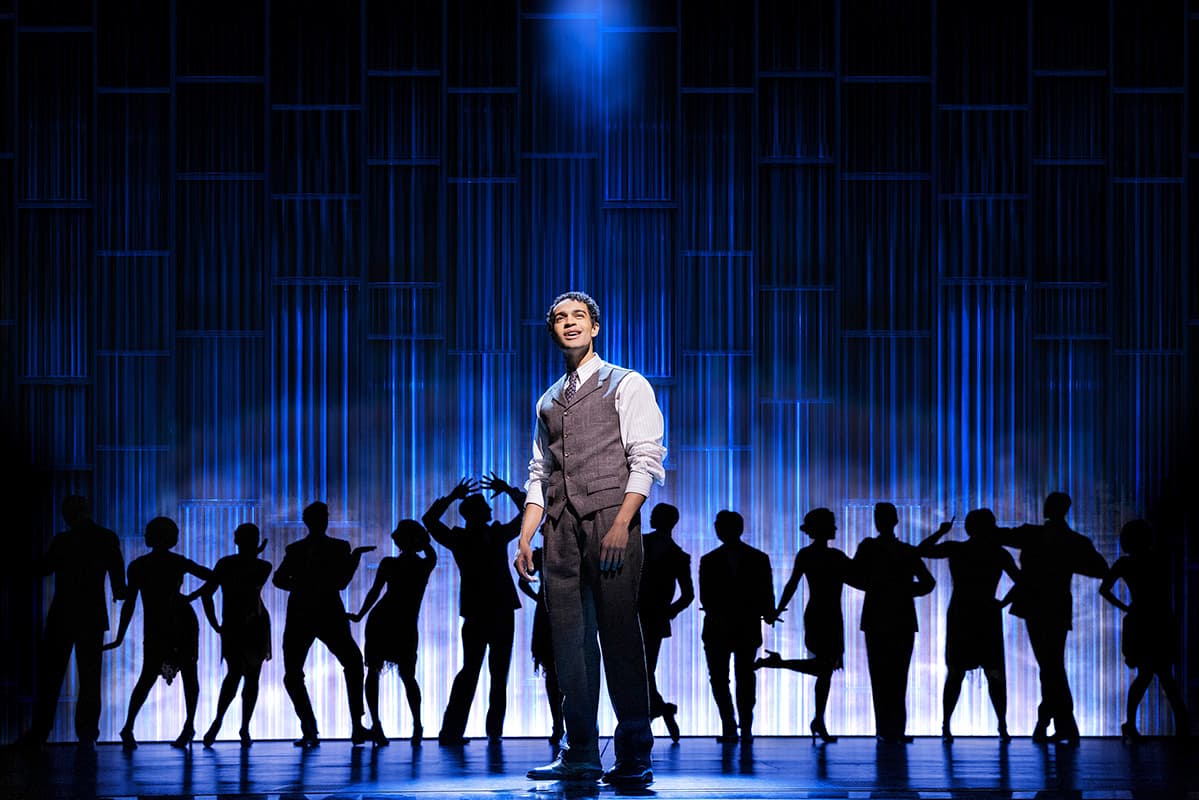
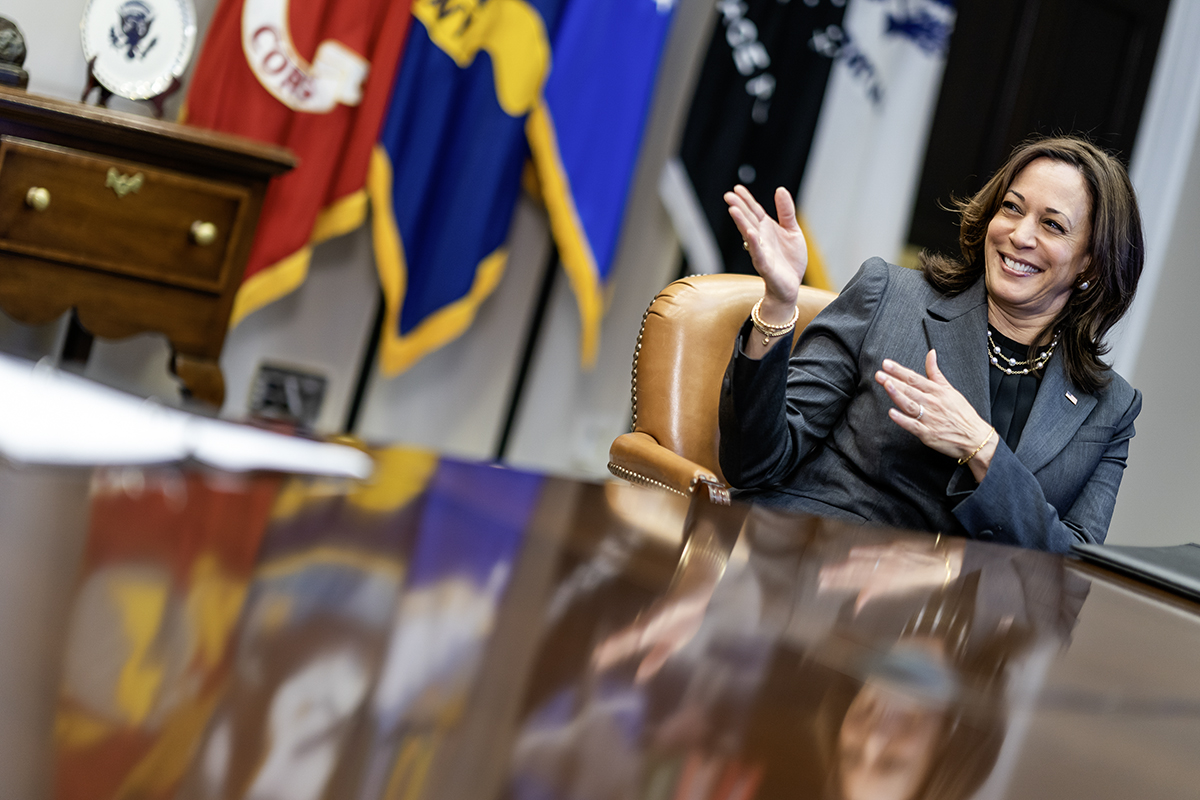














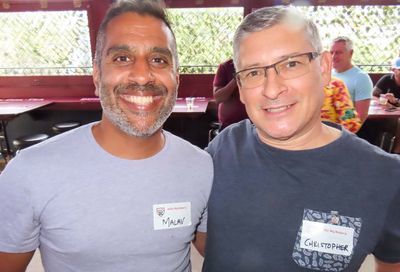
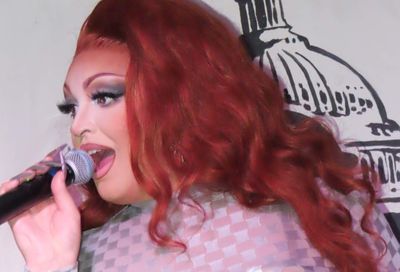
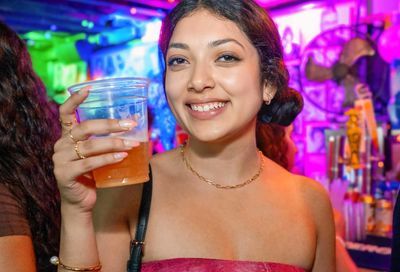
You must be logged in to post a comment.